Cartoon Portrait
- caricature /
- Cartoon Portrait
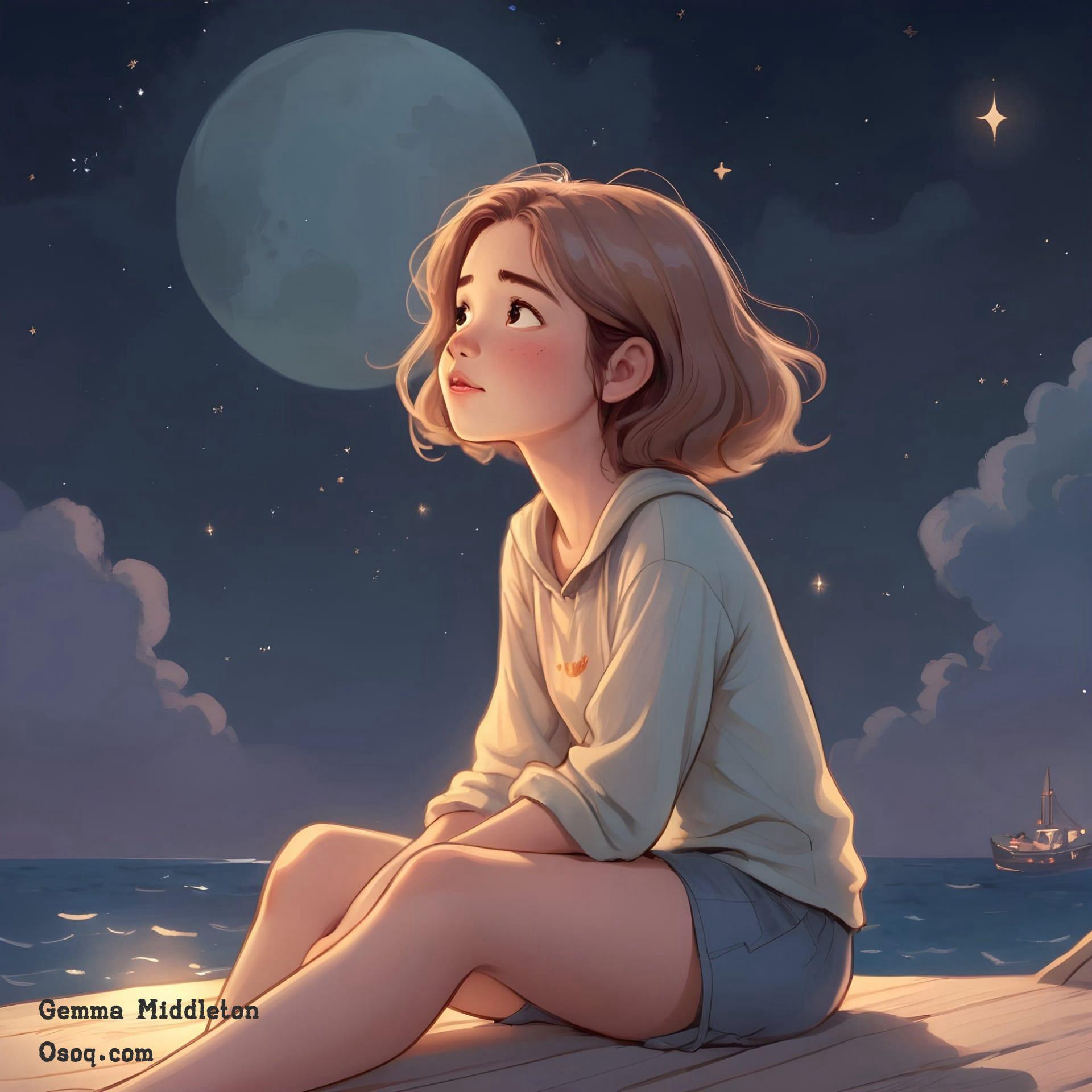
Cartoon portraits are a fun and creative way to depict someone's likeness using exaggerated features and humorous elements, often highlighting personality traits more so than physical accuracy.
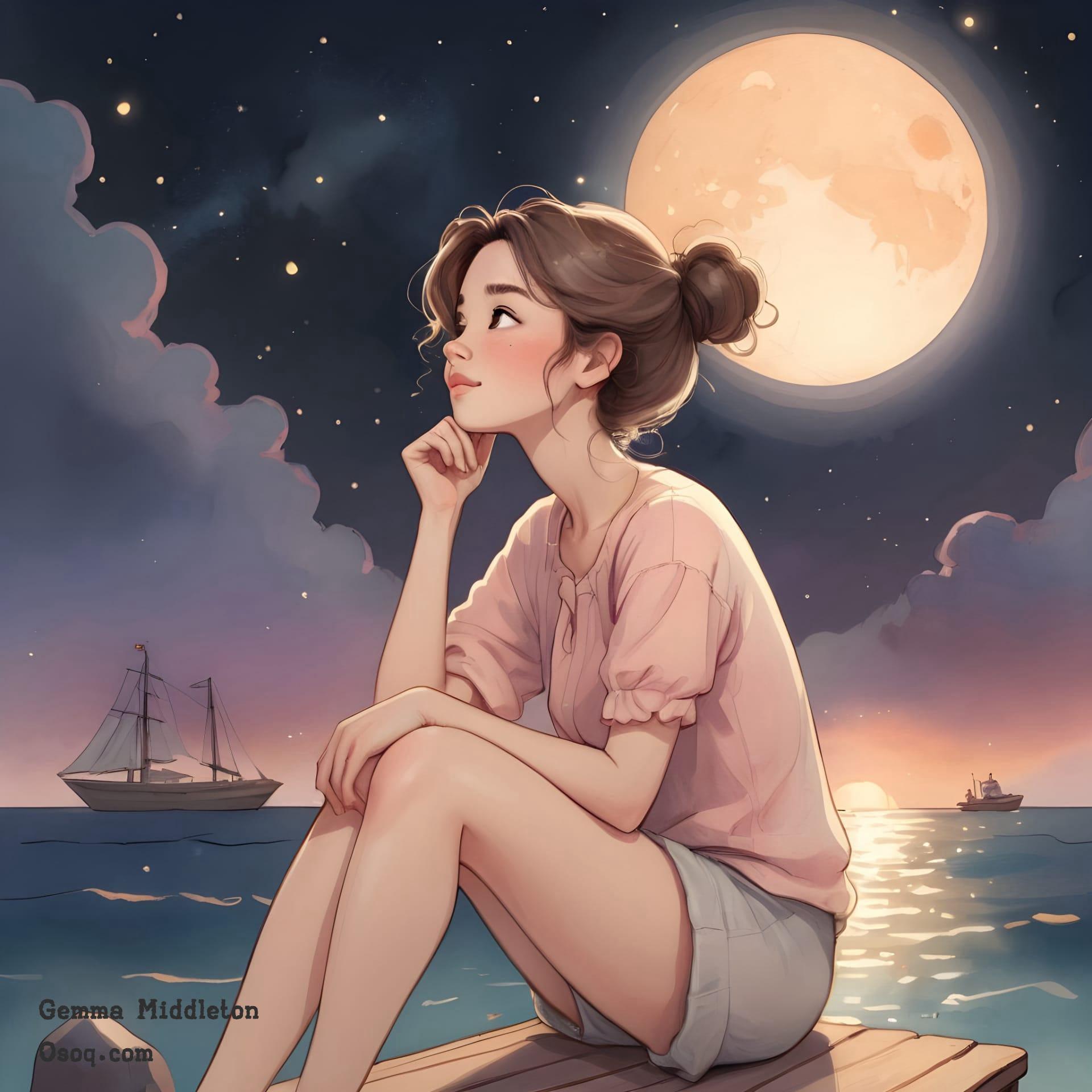
The first cartoon portrait is believed to have appeared in pictorial satire and caricature rather than traditional portraiture, emphasizing humor and social commentary over realism.
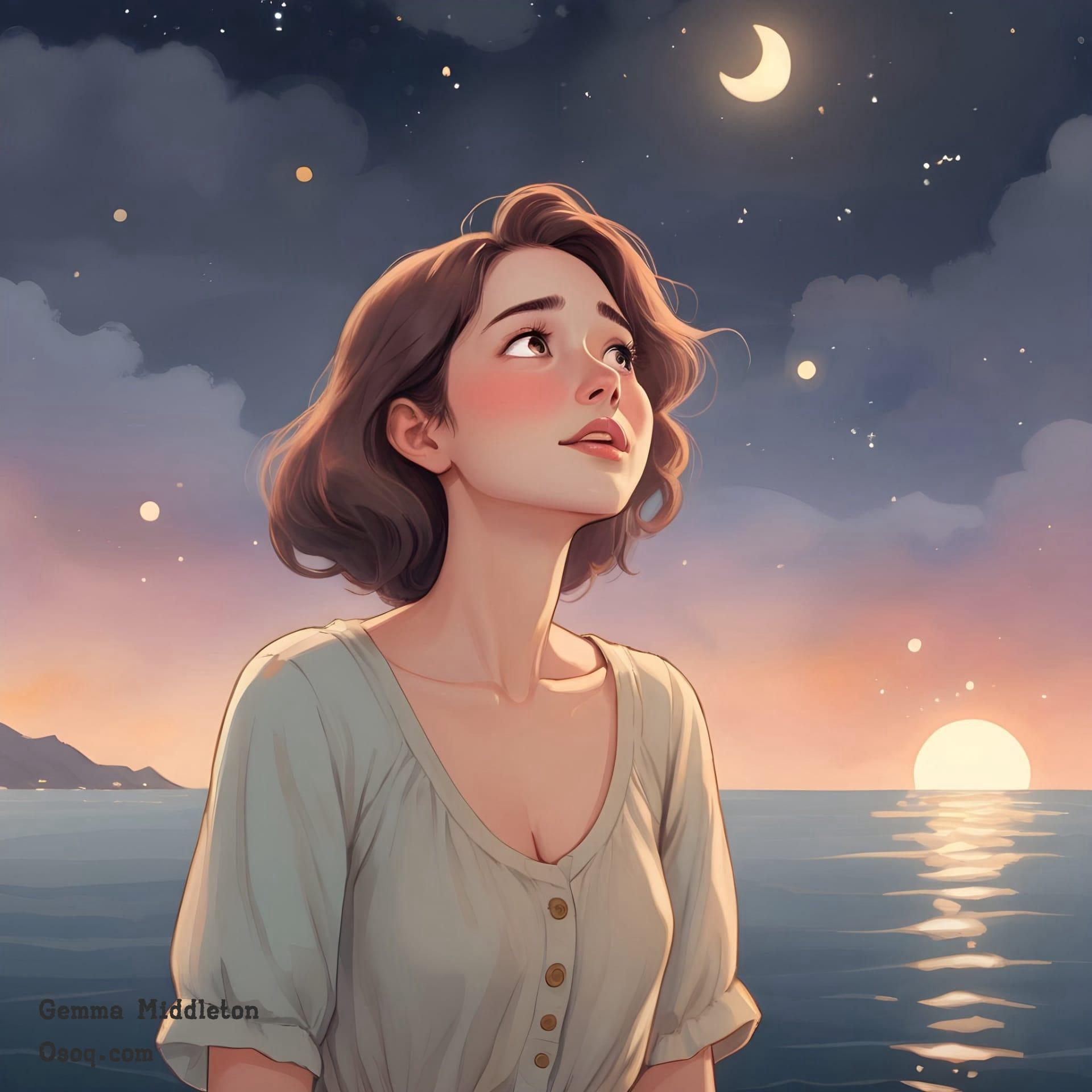
In creating a cartoon portrait, artists typically focus on key facial features like the eyes, mouth, and nose, enlarging or distorting them to convey emotion or character.
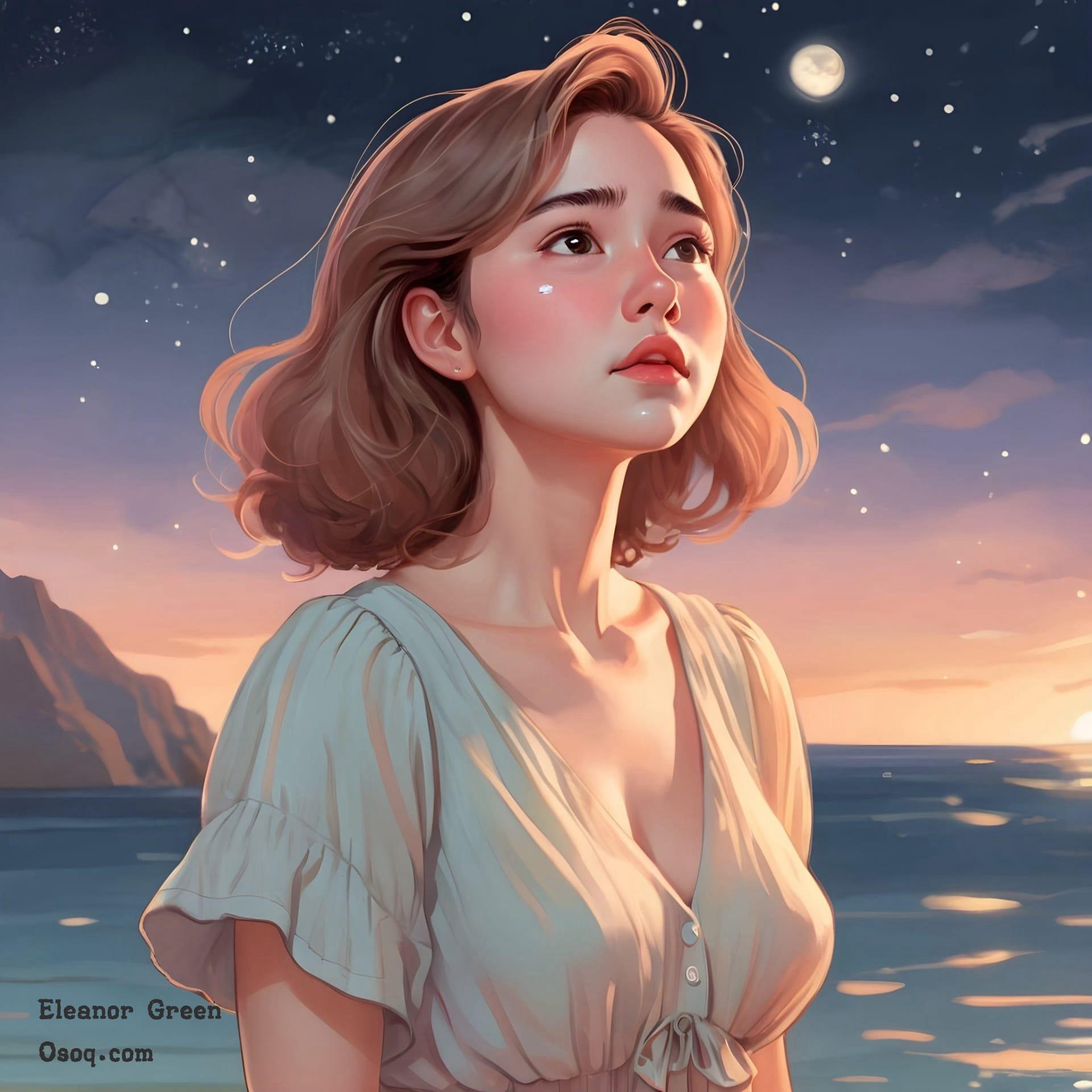
Color plays a significant role in cartoon portraits, with artists often choosing vibrant, contrasting hues to bring out the mood of the subject or the overall tone of the piece.
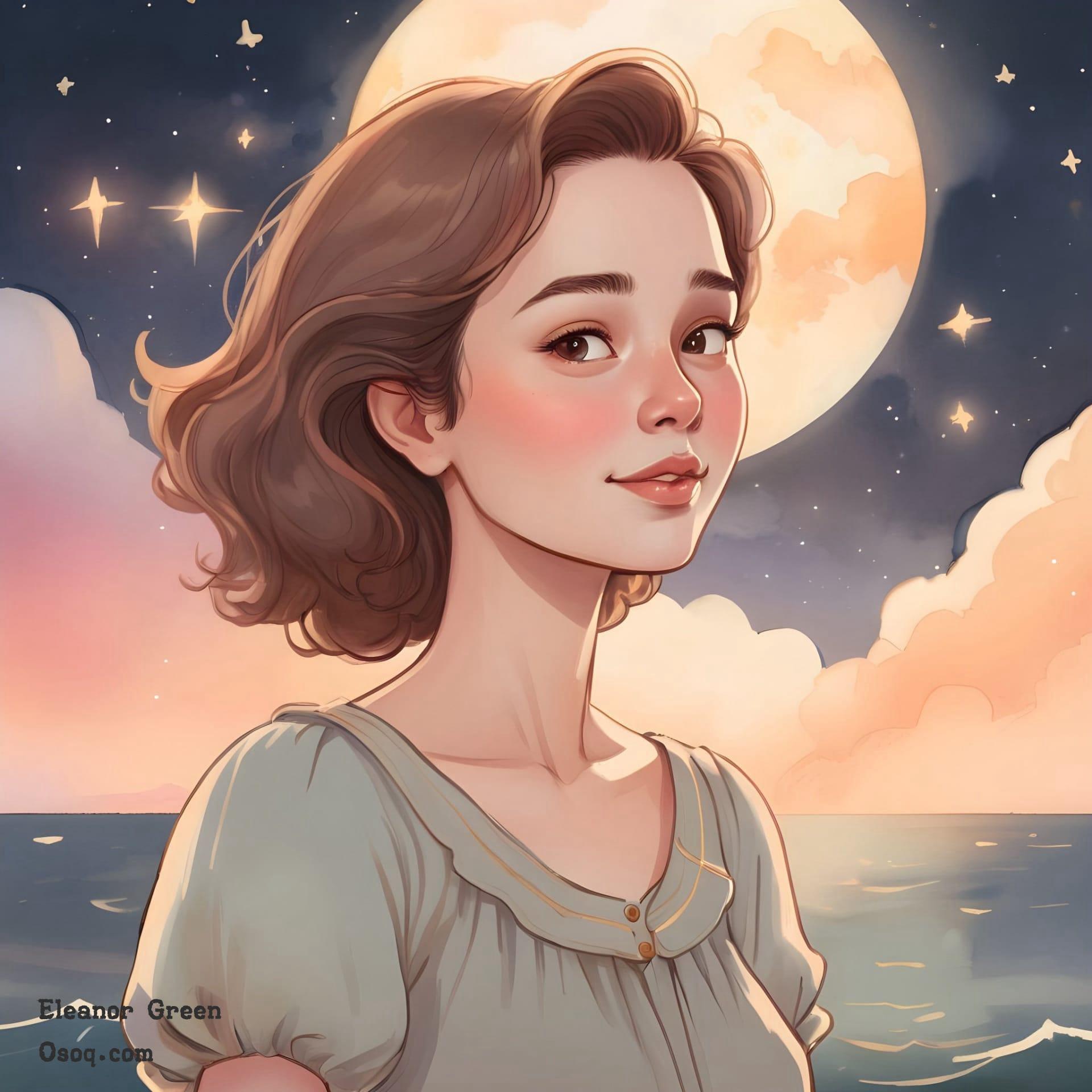
The simplicity of lines in cartoon portraits is not a reflection of skill level; rather, it’s a stylistic choice that aids in conveying clear, impactful visual messages quickly and effectively.
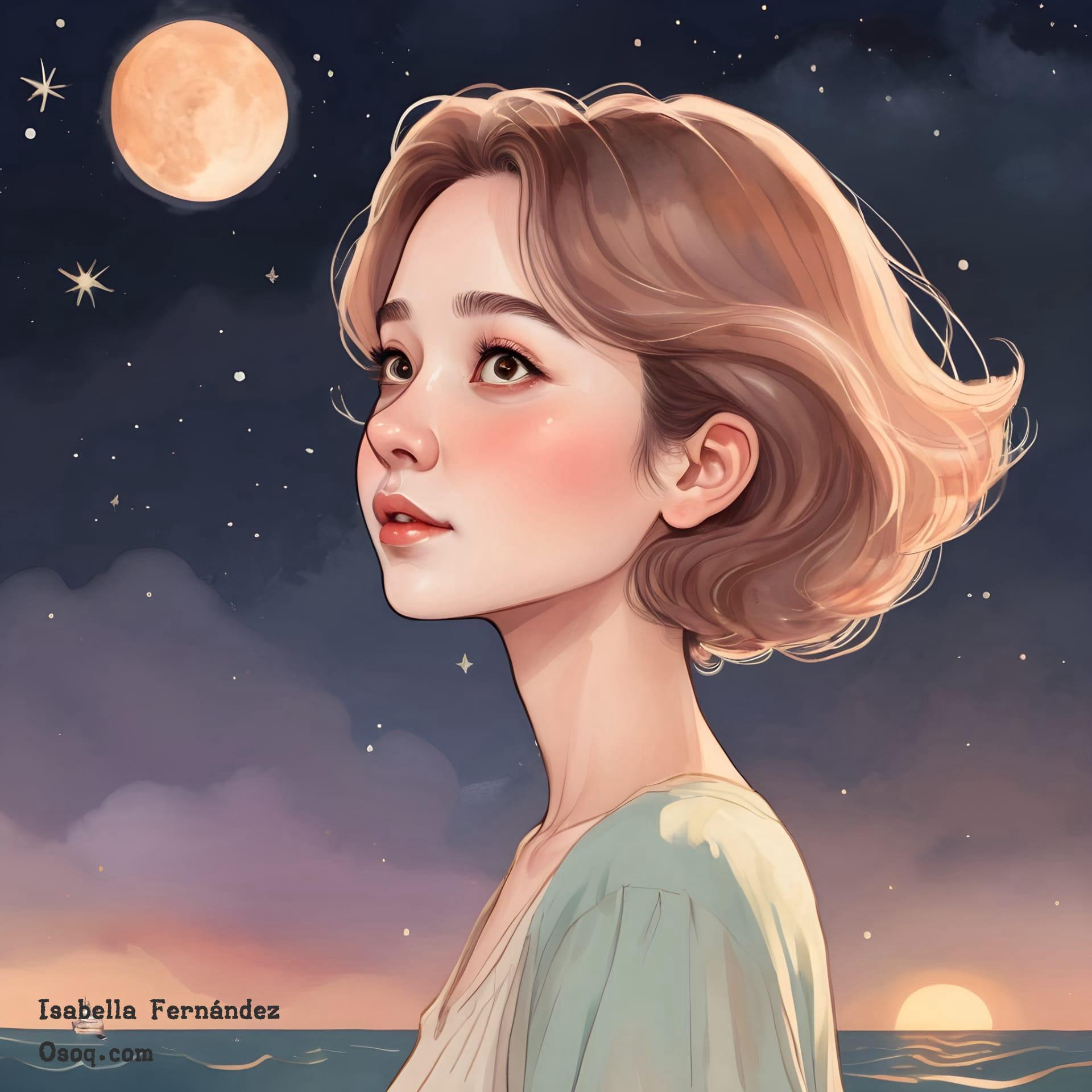
Cartoon portraits can serve various purposes, from political cartoons in newspapers to personalized gifts that capture a person's quirks in a flattering light.
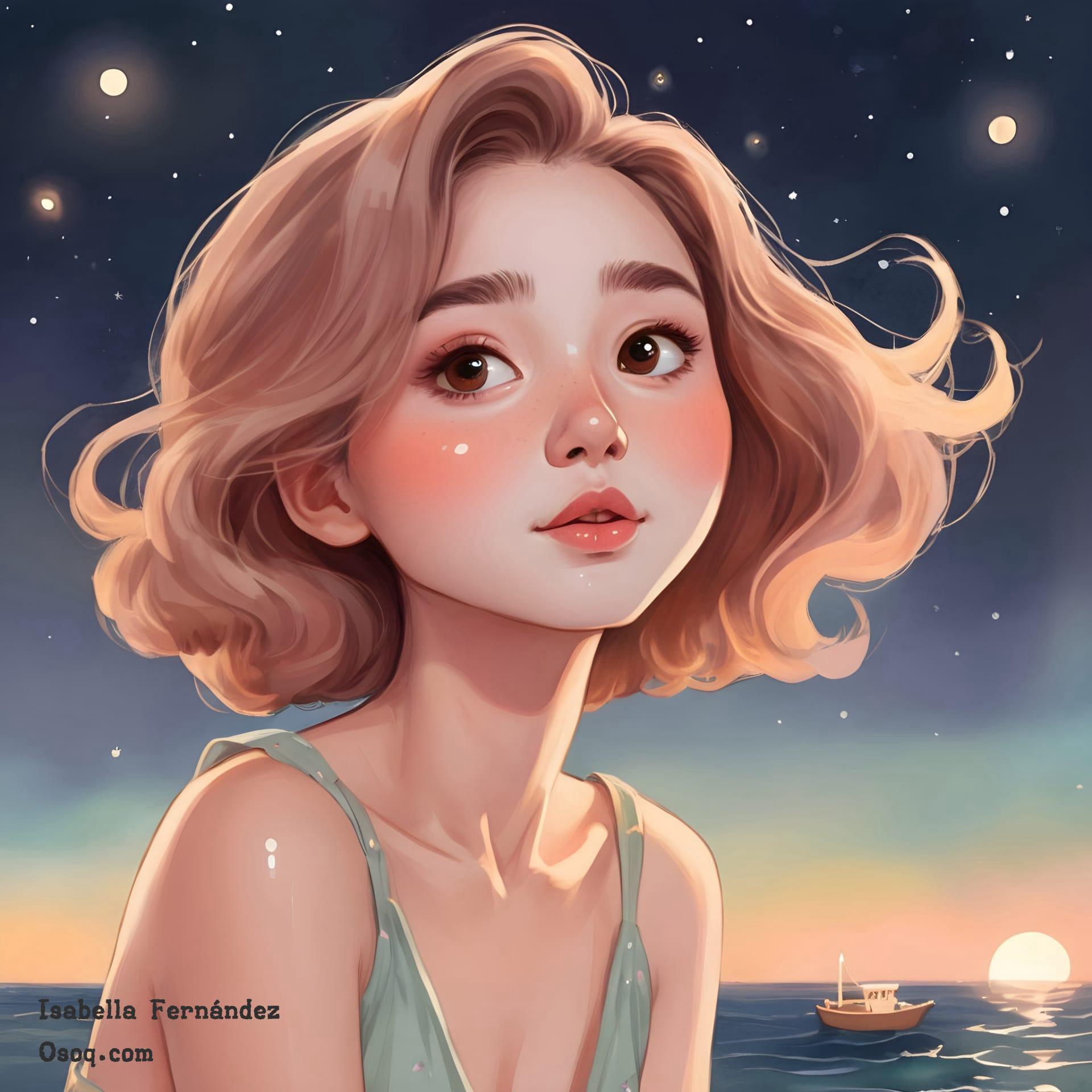
Digital tools have revolutionized how cartoon portraits are created, allowing artists to use software to sketch, color, and animate their creations with great precision and flexibility.
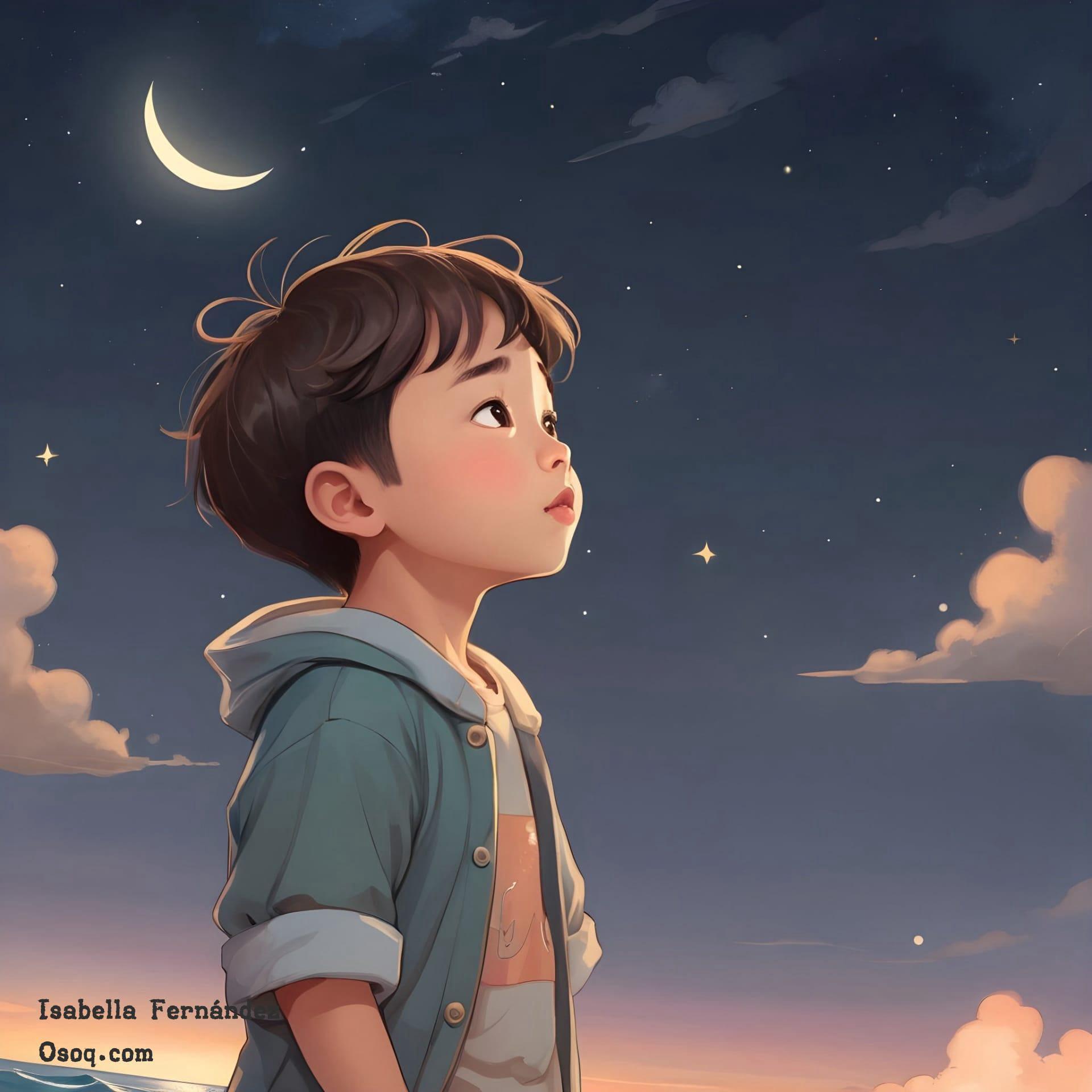
Historically, cartoon portraits have been used as a form of social or political critique, offering a visual commentary on leaders, celebrities, or public figures in an accessible and often humorous manner.
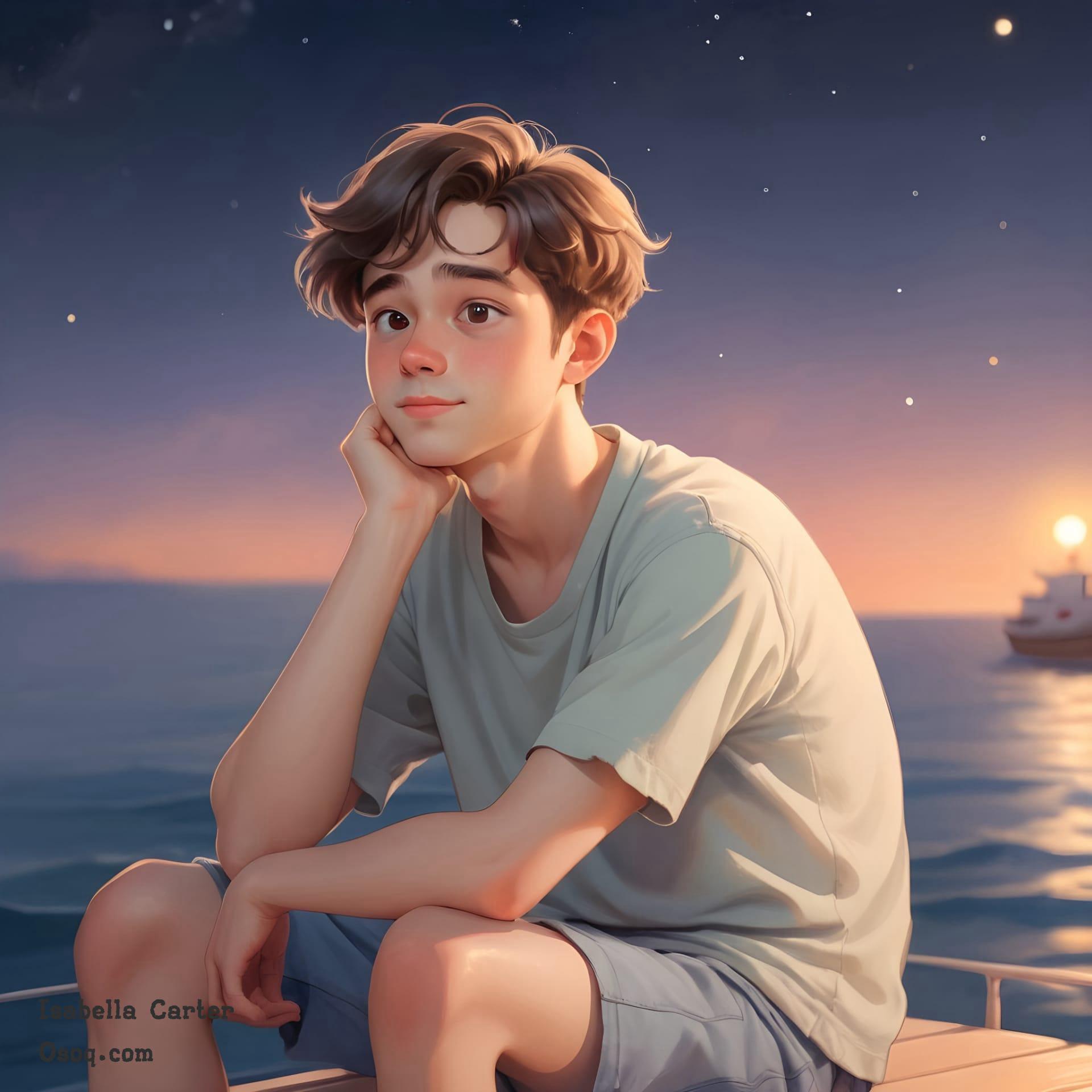
The process of creating a cartoon portrait can start with a simple pencil sketch on paper or directly on a digital tablet, depending on the artist's preference and the intended use of the image.
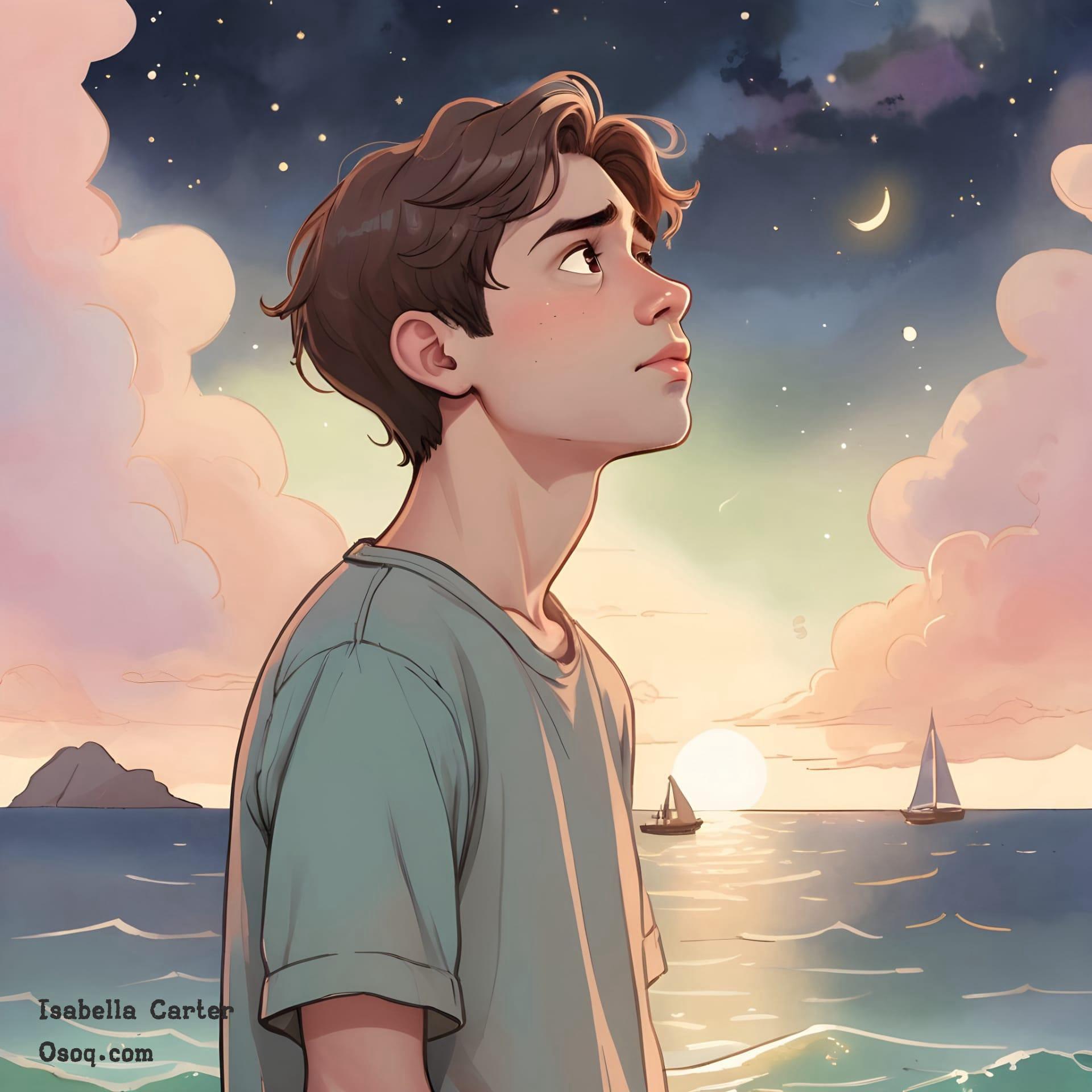
Cartoon portraits often involve a playful interaction between the subject and the artist, where the latter must interpret the former's identity in a way that resonates with audiences while retaining a whimsical style.
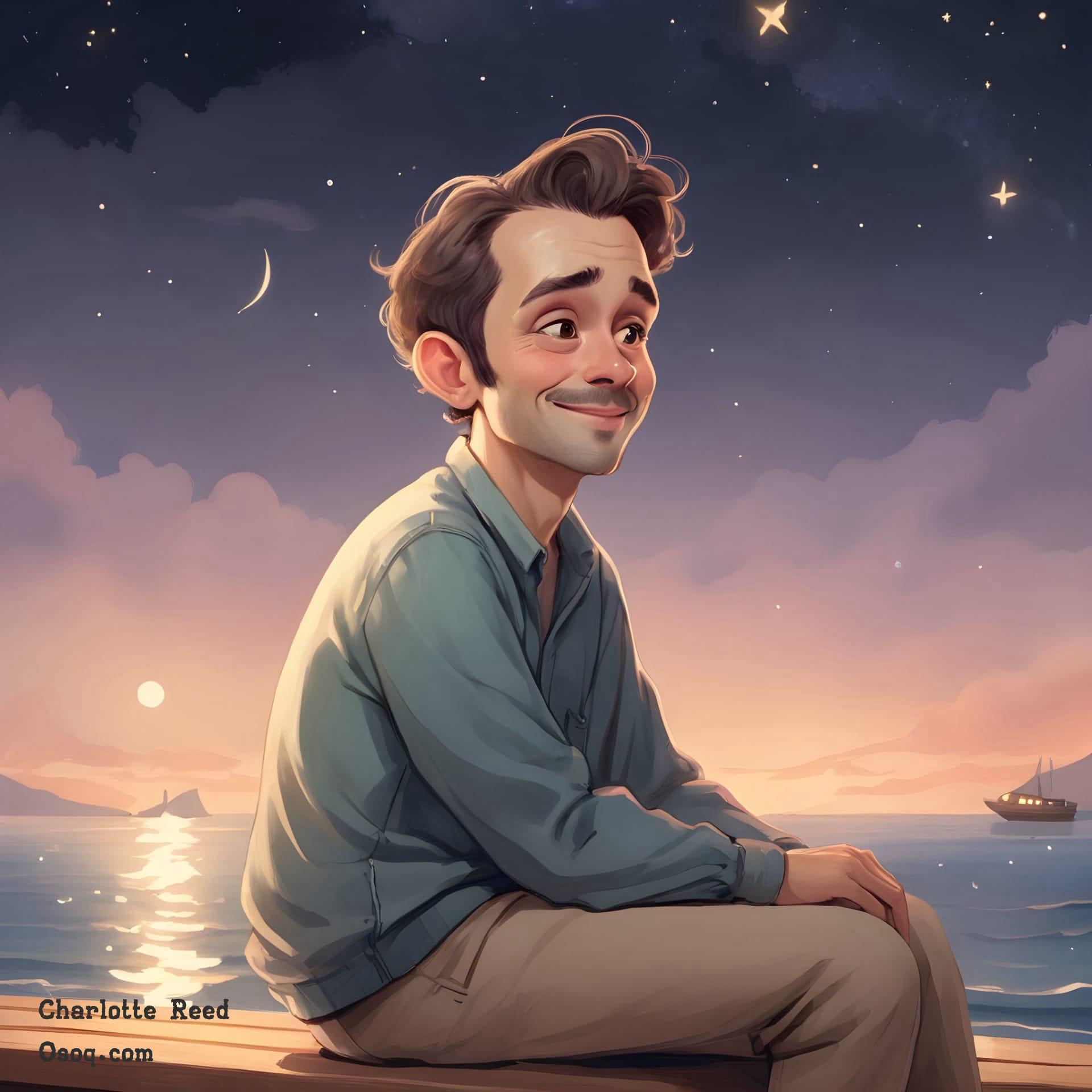
Techniques like shading and texturing in a cartoon portrait do not always follow realistic principles; artists might use bold, graphic lines and flat areas of color to create a distinctive style.
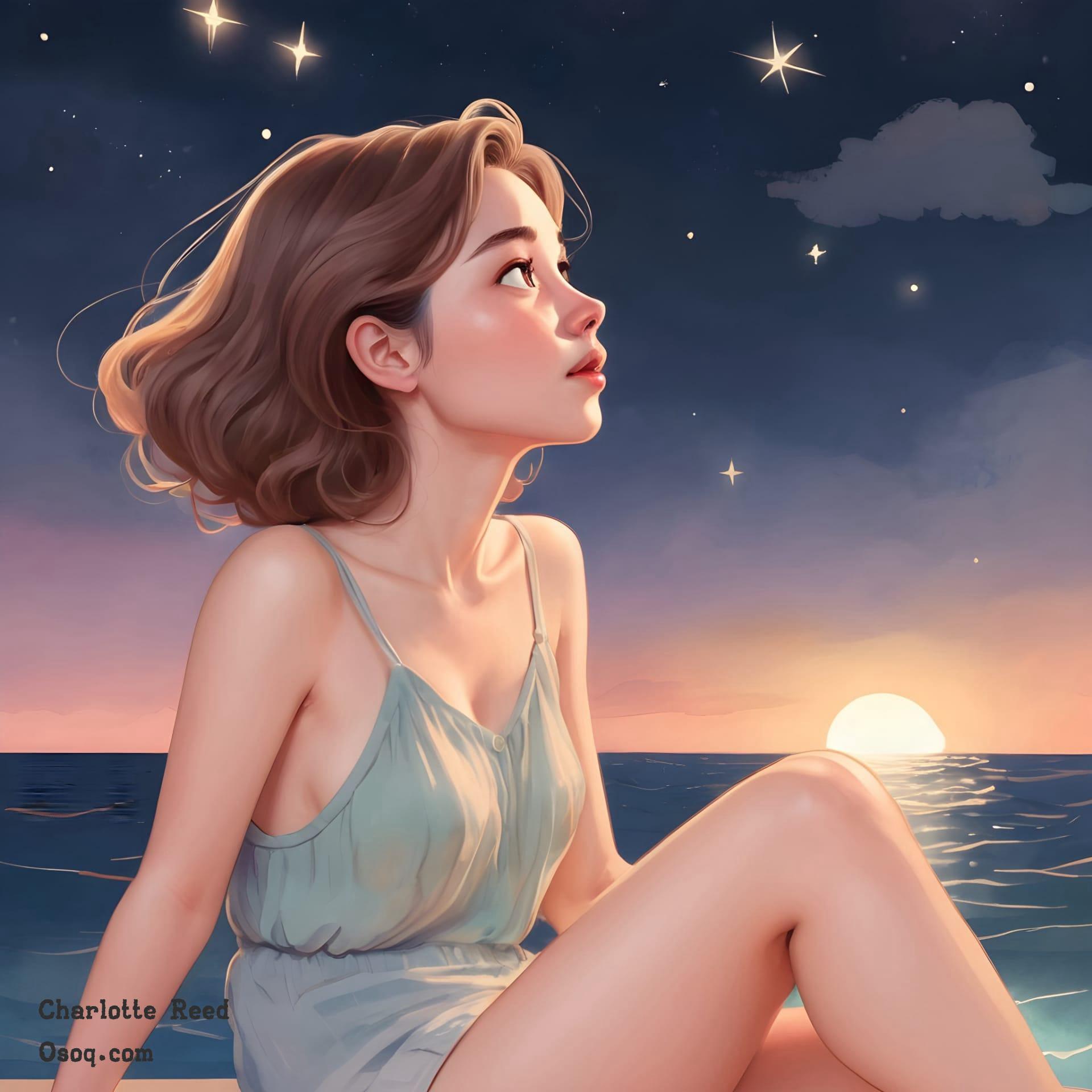
Cartoon portraits are not confined to static images; they can be animated, bringing characters to life in videos and films, often enhancing their appeal and engagement with the audience.
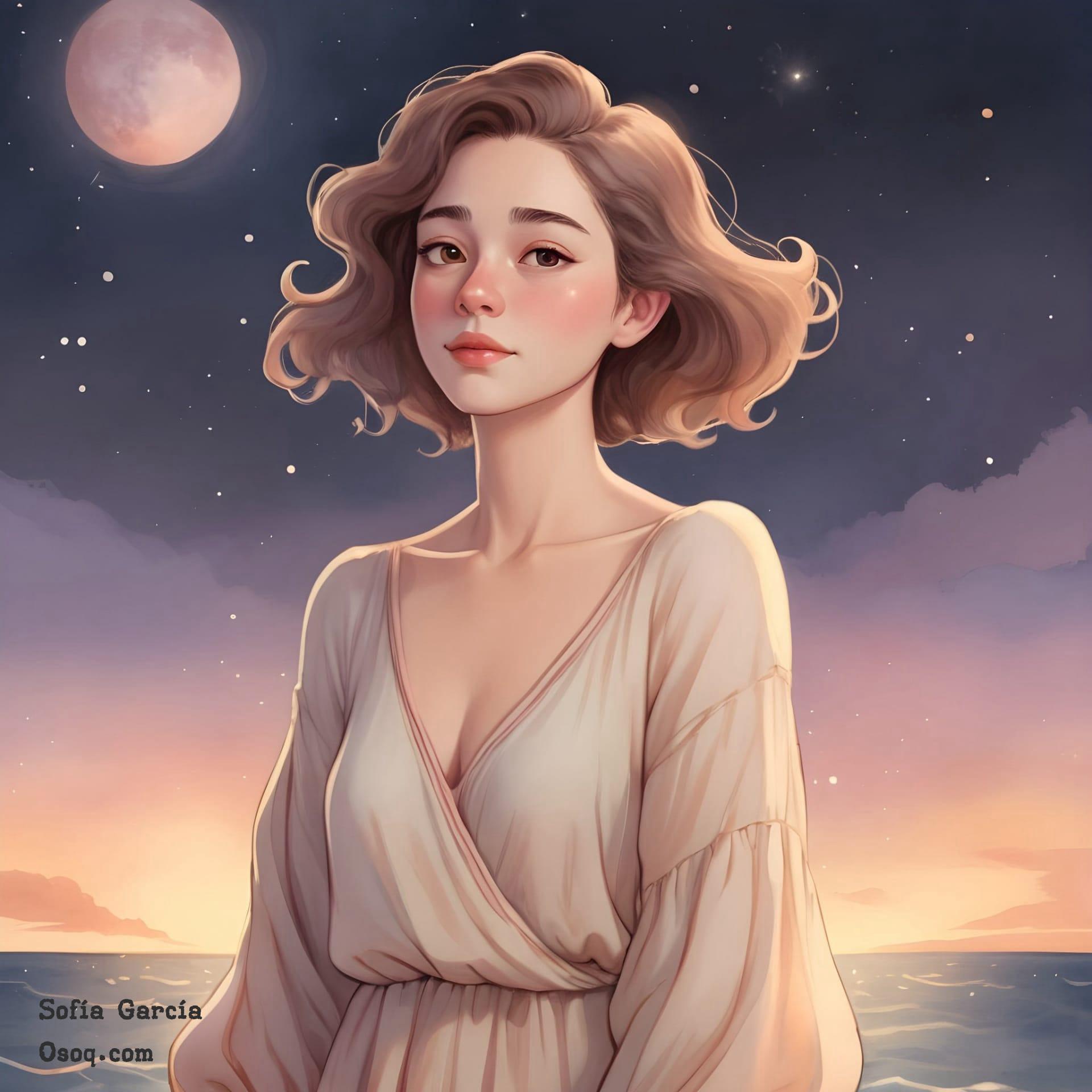
The background in a cartoon portrait is usually minimalistic or stylized to ensure that the main focus remains on the subject, making the character stand out even more.
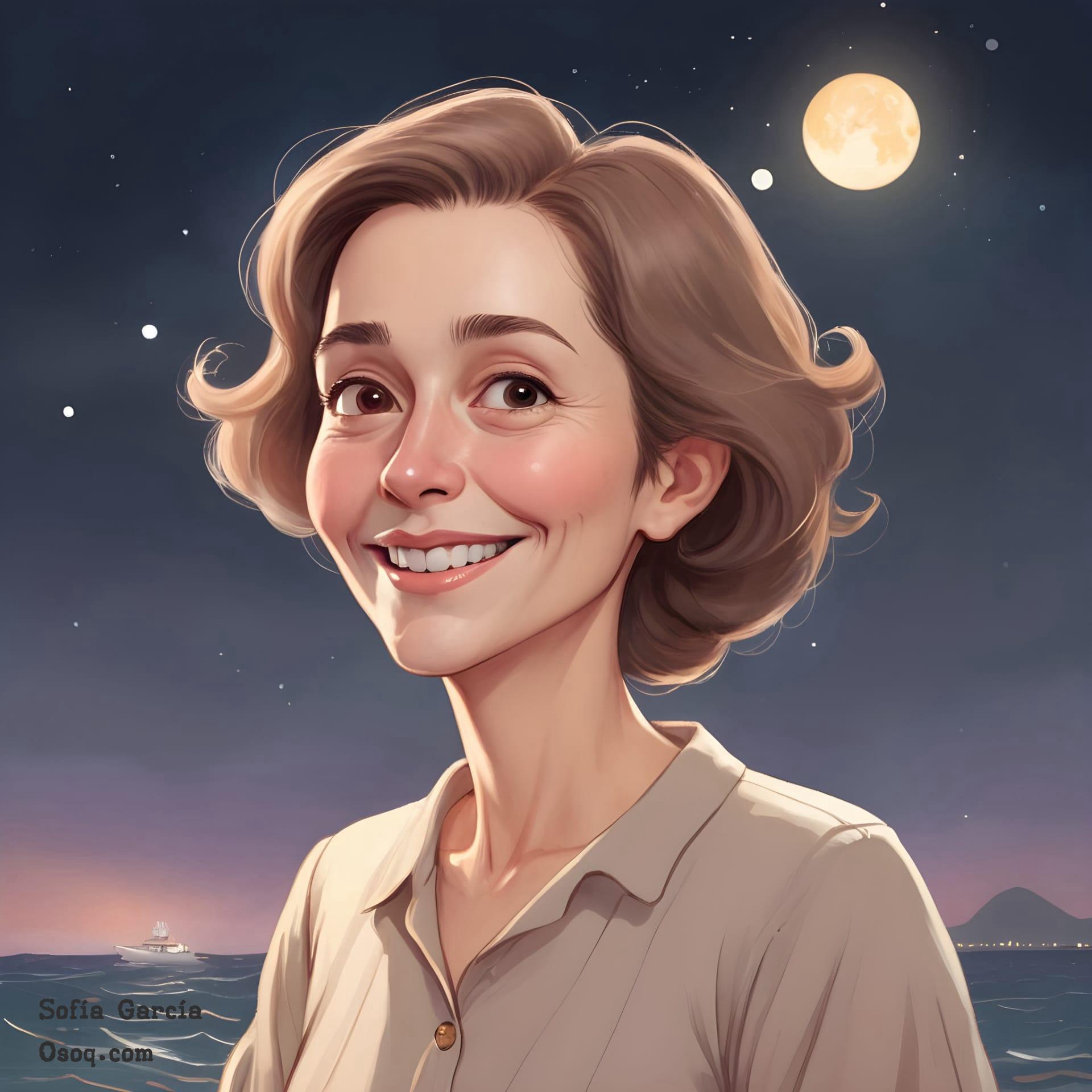
Interaction with real-world events or popular culture is common in cartoon portraits, making them timely and topical, which can increase their relevance and appeal.
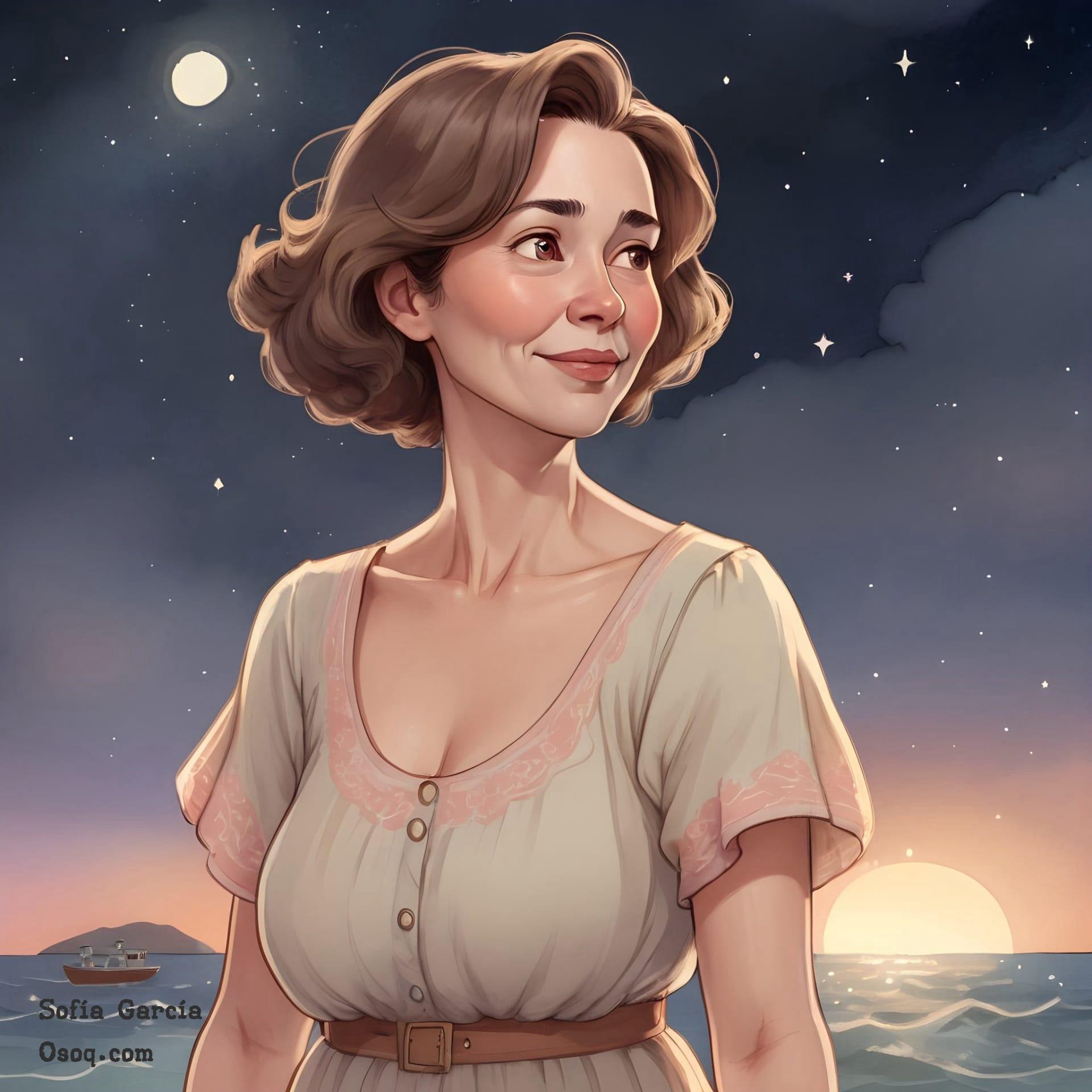
Artists creating cartoon portraits may draw inspiration from a wide range of sources, including other art forms, real-life people, or entirely fictional characters.
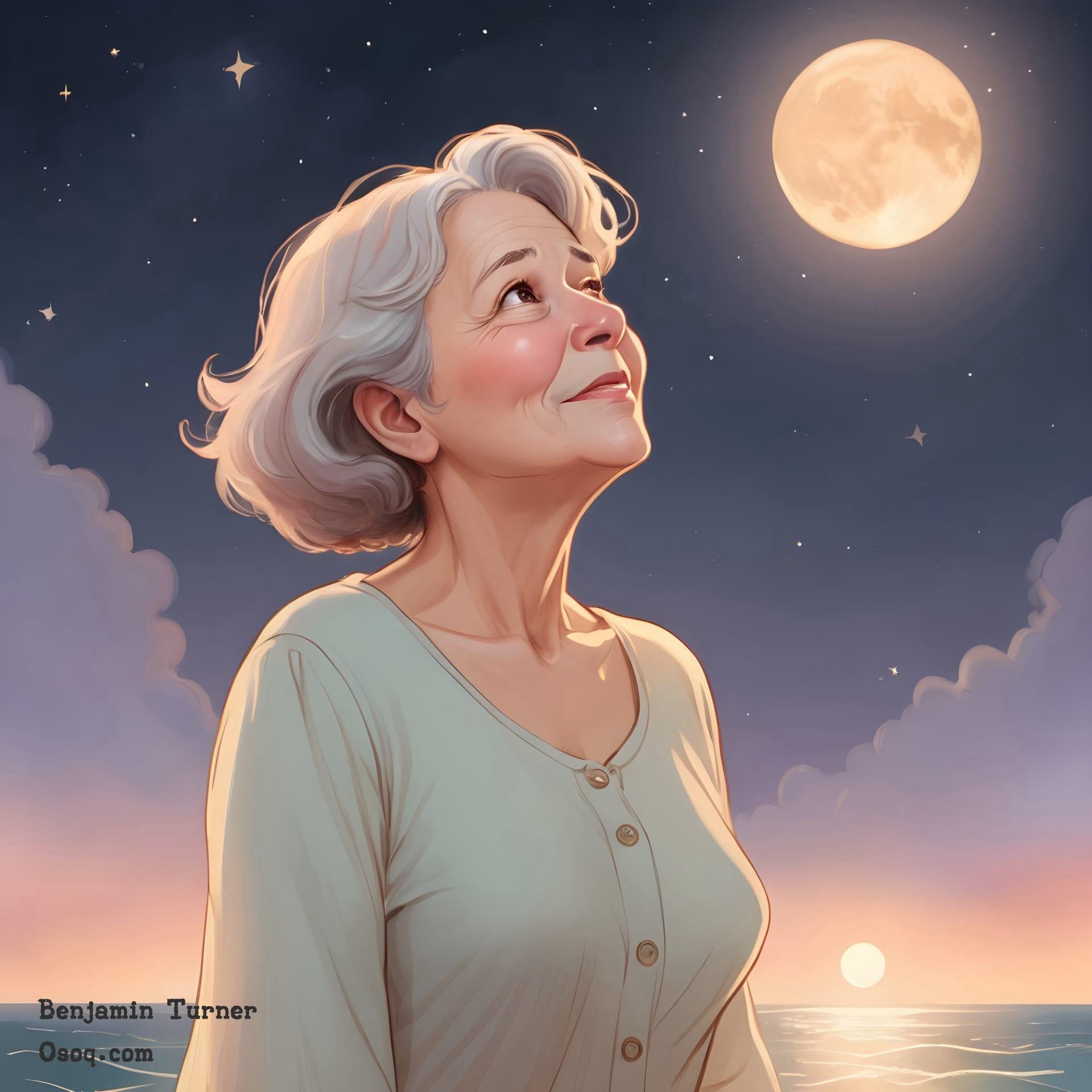
Repetition and pattern in the attire or accessories of the subject in cartoon portraits can be used to symbolize traits or interests, adding another layer of meaning to the artwork.
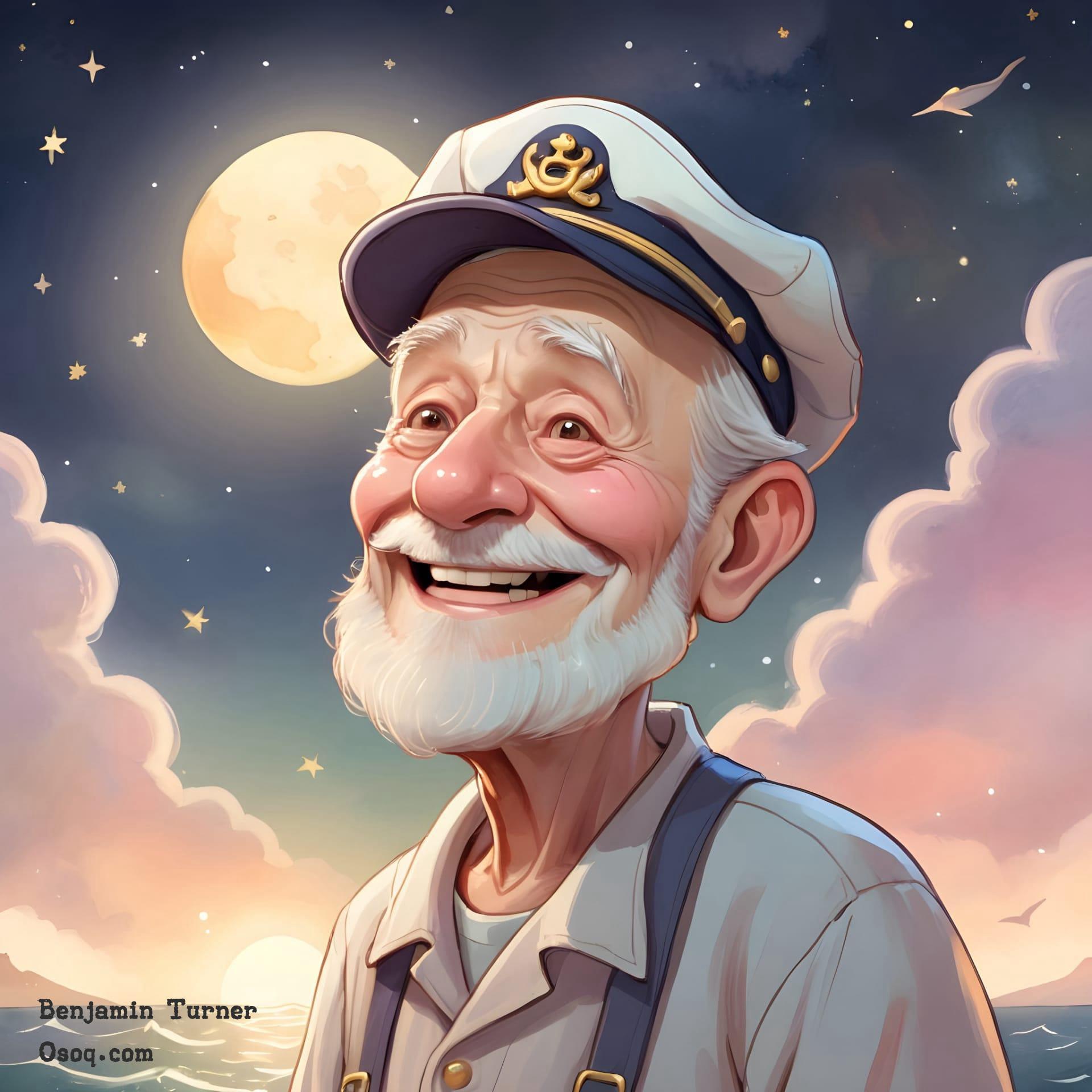
Feedback and iteration are key in perfecting a cartoon portrait; artists often revise their sketches multiple times based on client or personal critiques to capture the essence just right.
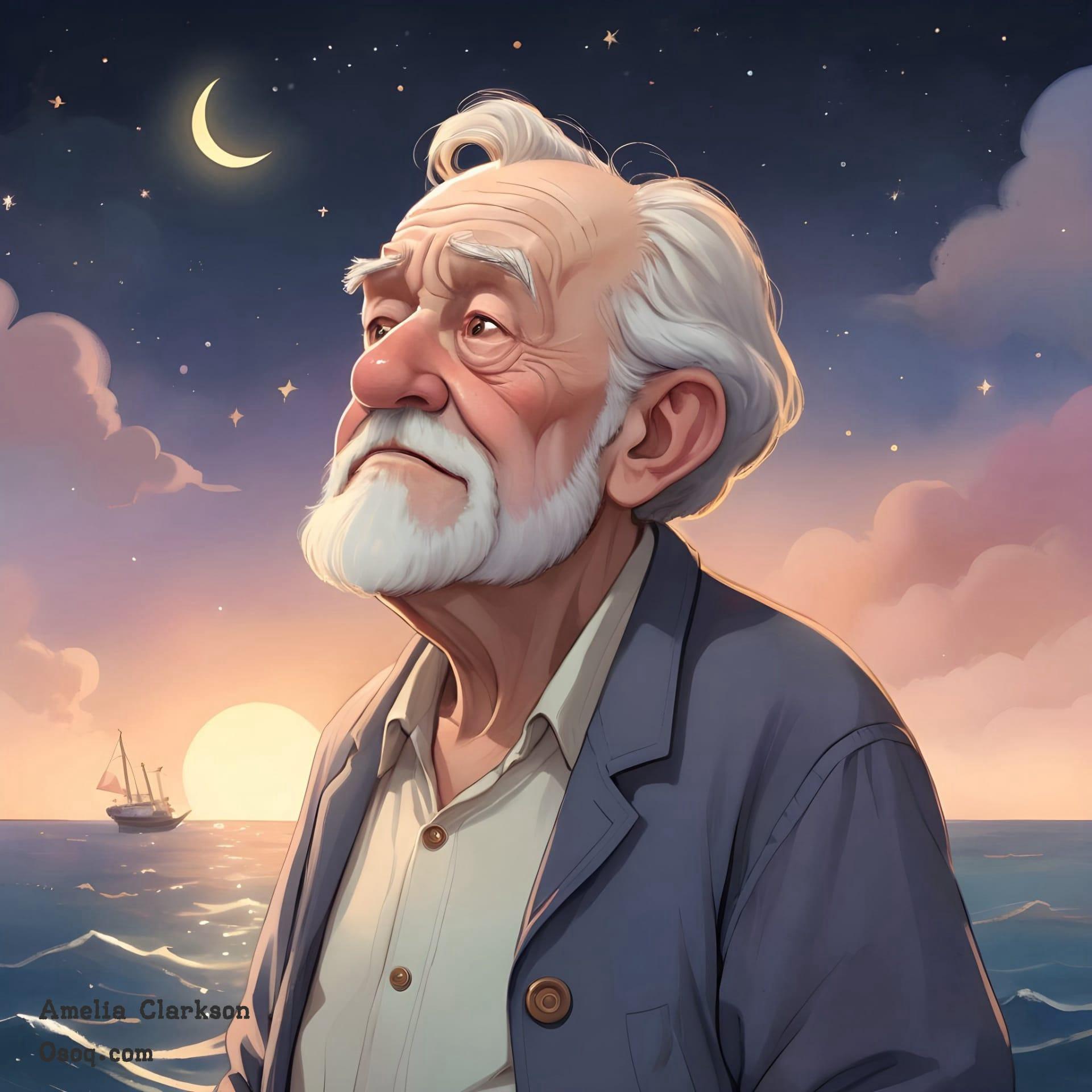
Despite their often humorous nature, creating a cartoon portrait requires a keen understanding of human expressions and emotions to effectively convey the subject’s personality.
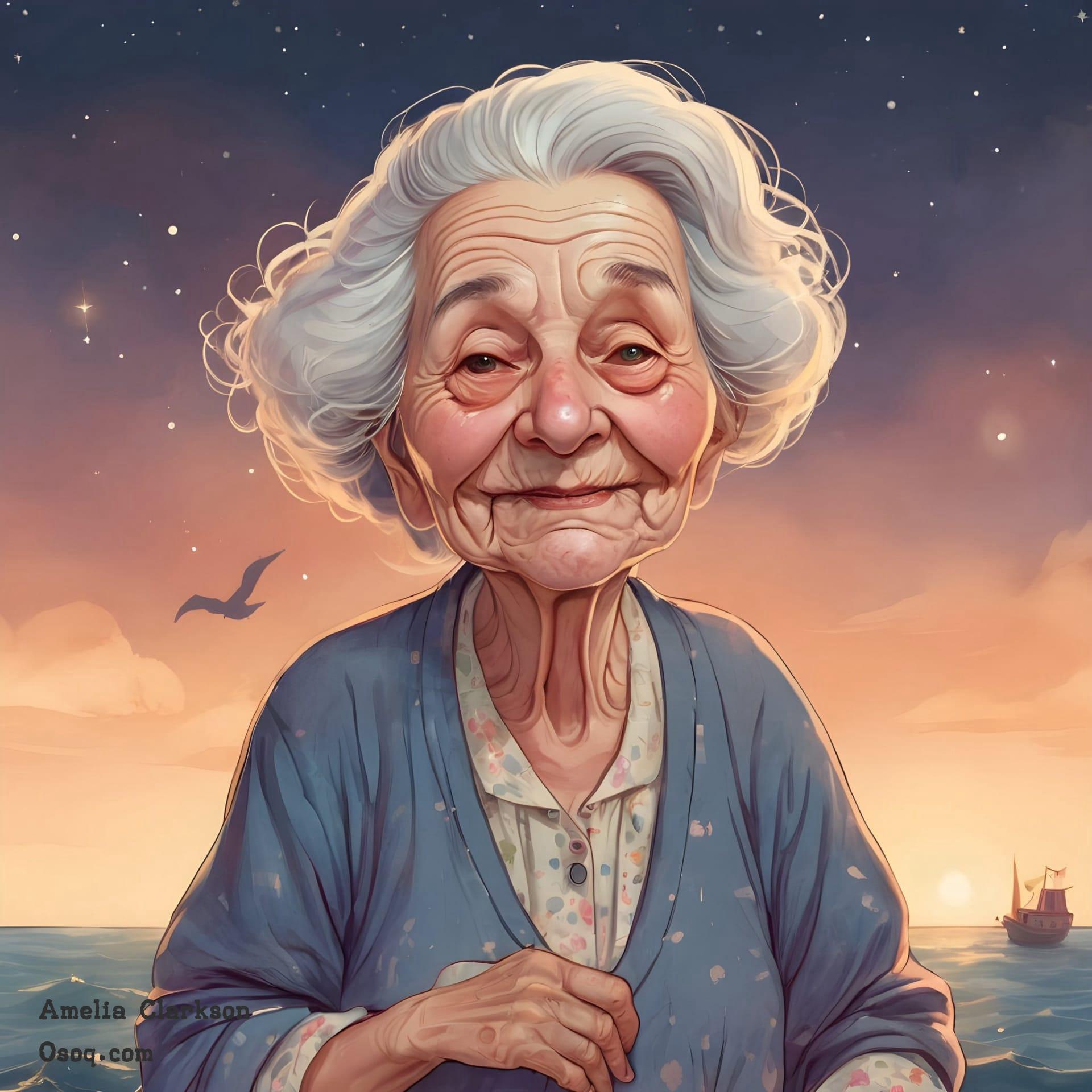
Cartoon portraits can be a unique way for artists to express their style, often becoming recognizable signatures that are associated with their work.
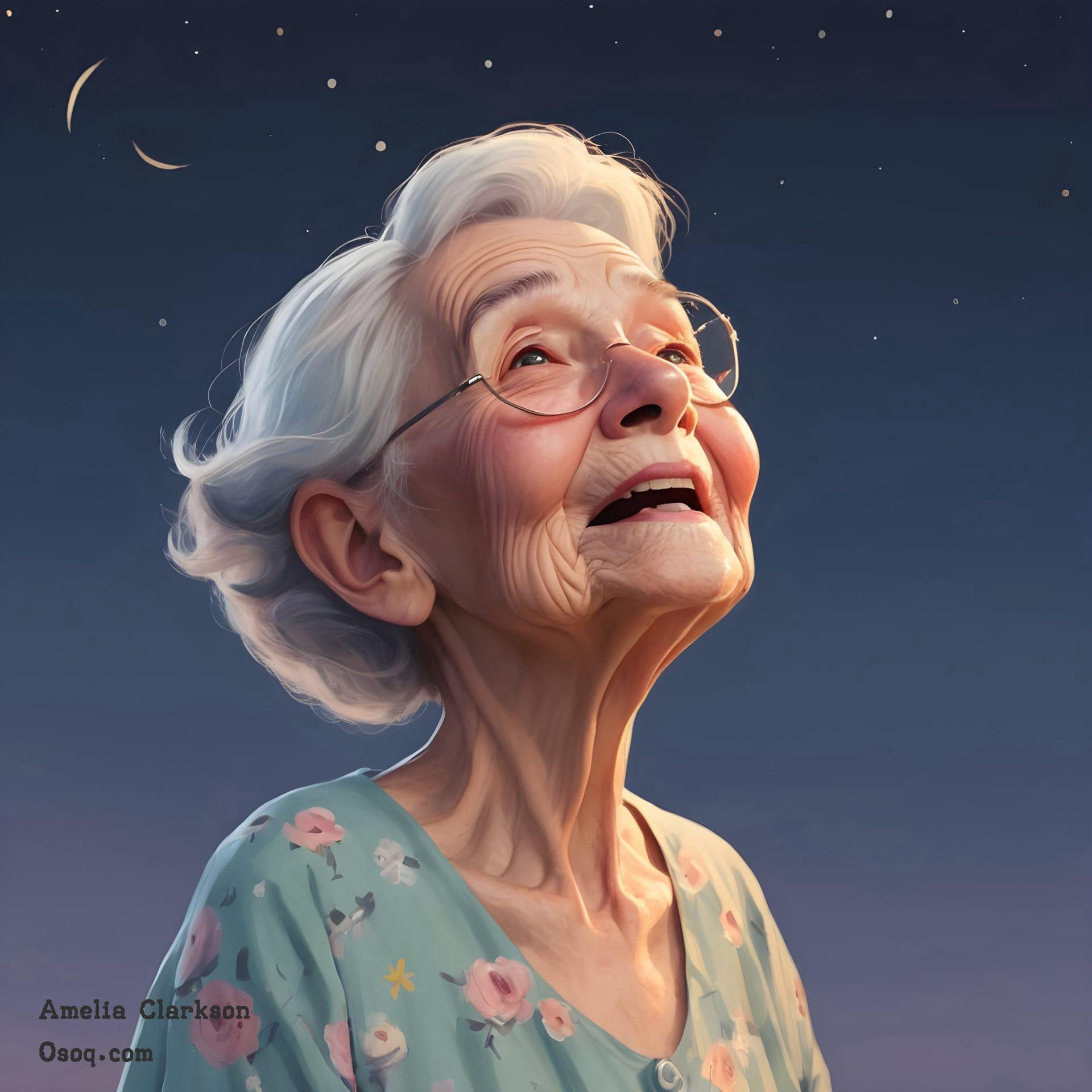
Artists may use a mix of traditional and modern techniques, merging pencil drawing with digital painting, to create dynamic and modern cartoon portraits that appeal to a broad audience.